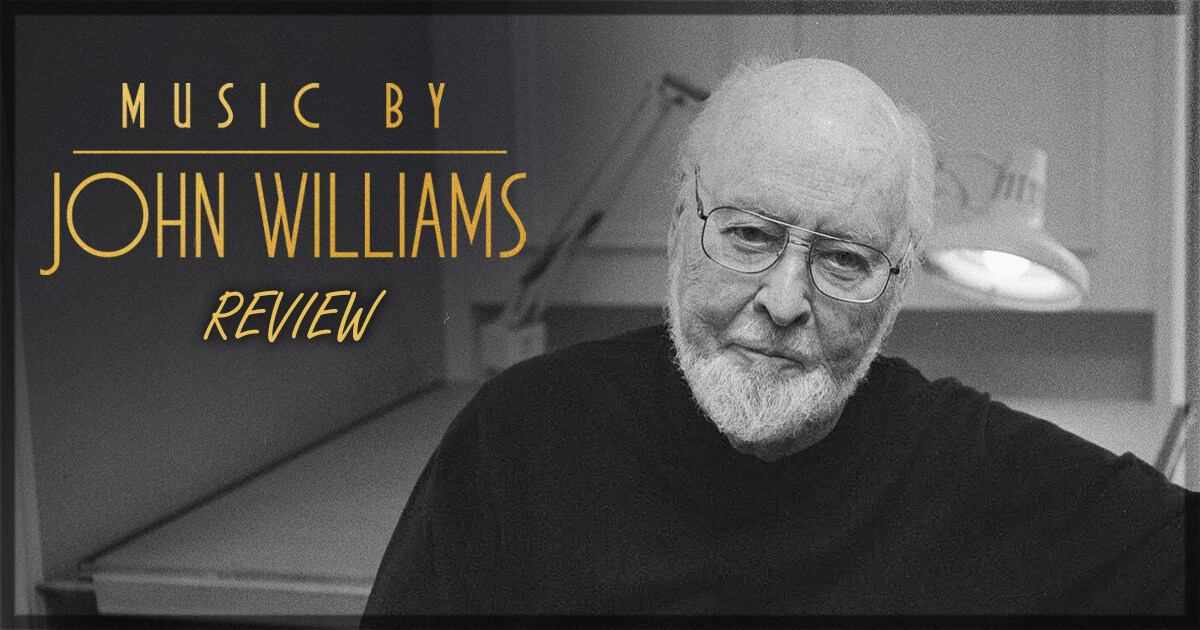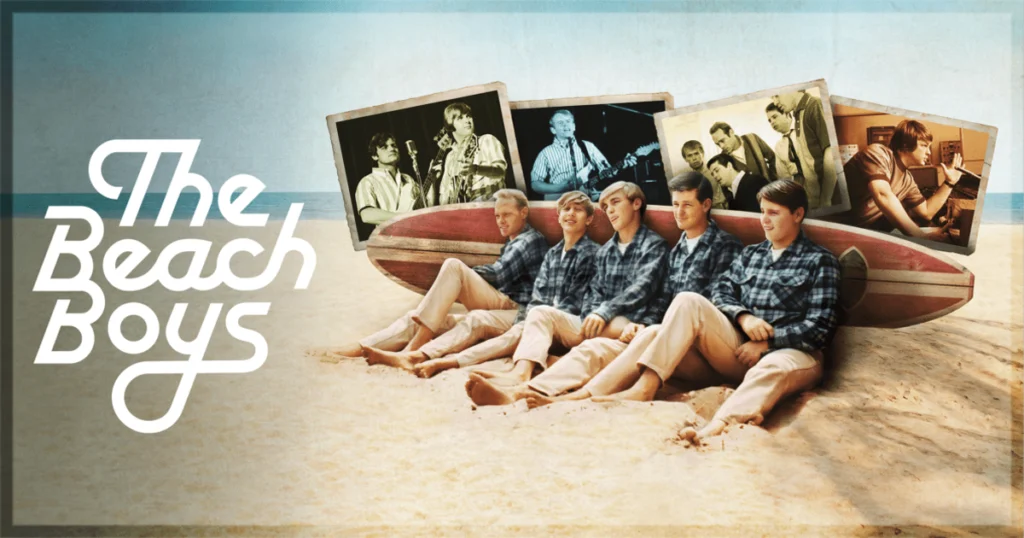Some artists in cinema have a different aura attached to them. They are almost an entity. People whose work is remarkable for any reason mark their names in history. Composers have this power. It only takes a combination of notes in the due frames to join them for eternity. Maurice Jarre, Alfred Newman, Max Steiner, Henry Mancini, Ennio Morricone, and Bernard Herrmann are among some of the artists whose pieces of music echo forever in cinema history. When it comes to popular culture and film scores, probably the first name to come to mind is John Williams. He is an artist with dozens of classical works. Star Wars, Saving Private Ryan, Schindler’s List, Home Alone, Jurassic Park, Indiana Jones, and E.T., just to name a few. His work is so vast that compiling his whole catalog in a documentary is almost impossible. However, Laurent Bouzereau (Faye, Five Came Back, Natalie Wood: What Remains Behind) tries to accomplish this complicated task in Music by John Williams.
The director follows a traditional setting to absorb the most from his subject. He uses archival footage from a privileged source, Steven Spielberg’s home imagery from the score recordings, and interviews from Ron Howard, Seth McFarlane, and George Lucas, and also having Williams tell his story. In this sense, the film centers on a linear chronology: it begins with his younger life and goes to today. Bouzereau aims for safety work. An approach that does not lack the central facts but does not deepen itself into any complicated or controversial theme. He avoids crossing any territory that goes beyond Williams’ work. For example, there is a brief citation to the passing of his first wife, but it is only stated about his personal life again one hour later. The director is interested in presenting the greatest hits of John Williams’ score work. A commented visual journey on his film discography.
Furthermore, Williams himself comments on almost all of his most noteworthy scores. E.T., Indiana Jones, all of the nine Star Wars, Home Alone, most of his partnership with Spielberg. The importance of his music in the history of cinema is undeniable. But it is so visually limited and schematic that it becomes a dull experience. Williams talks about not wanting to score Star Wars, then about the soundtrack hit and the scoring of both trilogies from the 21st century. There is no further information other than the common knowledge. And he gives some anecdotes throughout the length of Music by John Williams.
Nevertheless, it remains a standard film that never compromises its artistic function of being a documentary conducted by its producers, such as Spielberg and Ron Howard. Previously, Bouzereau demonstrated his limitations as a director, as in Faye, another formulaic biographical documentary. It remains the case here. The interviews lack more specific and fascinating writing behind them. The questions do not explore unknown facts or engage Williams to tell different versions of what he had already talked about before. It is unfortunate to watch an hour and forty minutes of content that chooses not to explore its subject. It goes to a conventional route that hits the fatigue soon in its mileage.
Some montages provide different visual scopes to the general pattern of the editing by David Palmer. One is the compilation of the five Oscar announcements for his wins for Fiddler on the Roof, Jaws, Star Wars, E.T., and Schindler’s List. It is a concise moment that is an outlier from the bleakness of the rest of the film. On a positive note, John Williams’s iconic work lifts it from being a burden in most moments. When the film lacks energy, an iconic theme from Star Wars or Empire of Suns makes it flow smoother.
John Williams may be the most iconic film composer ever, and his legacy carries over to traditional classical music as well. His compositions shifted how soundtracks would sell after the film’s release, and classical philharmonics started paying attention to scores as classical pieces. He would be an active voice of this change by being the conductor of the Boston Philharmonic and changing the status quo. However, the director prefers to approach his role in popular culture in a shallow manner that diminishes in its thesis his importance as a classical musician.
Music by John Williams has the privilege of having as its protagonist the most popular and quintessential film composers of all time. Yet, director Laurent Bouzereau drives for a conventional approach that presents John Williams’ Greatest Hits with footage. Even though it has great interviewees, it does not use them to deepen the canonic greatness of the composer.
Music by John Williams is now streaming on Disney+.
Learn more about the documentary, including how to watch, on the official Disney+ site.
You might also like…
‘The Beach Boys’ Documentary Review: A Missed Opportunity to be Definitive


